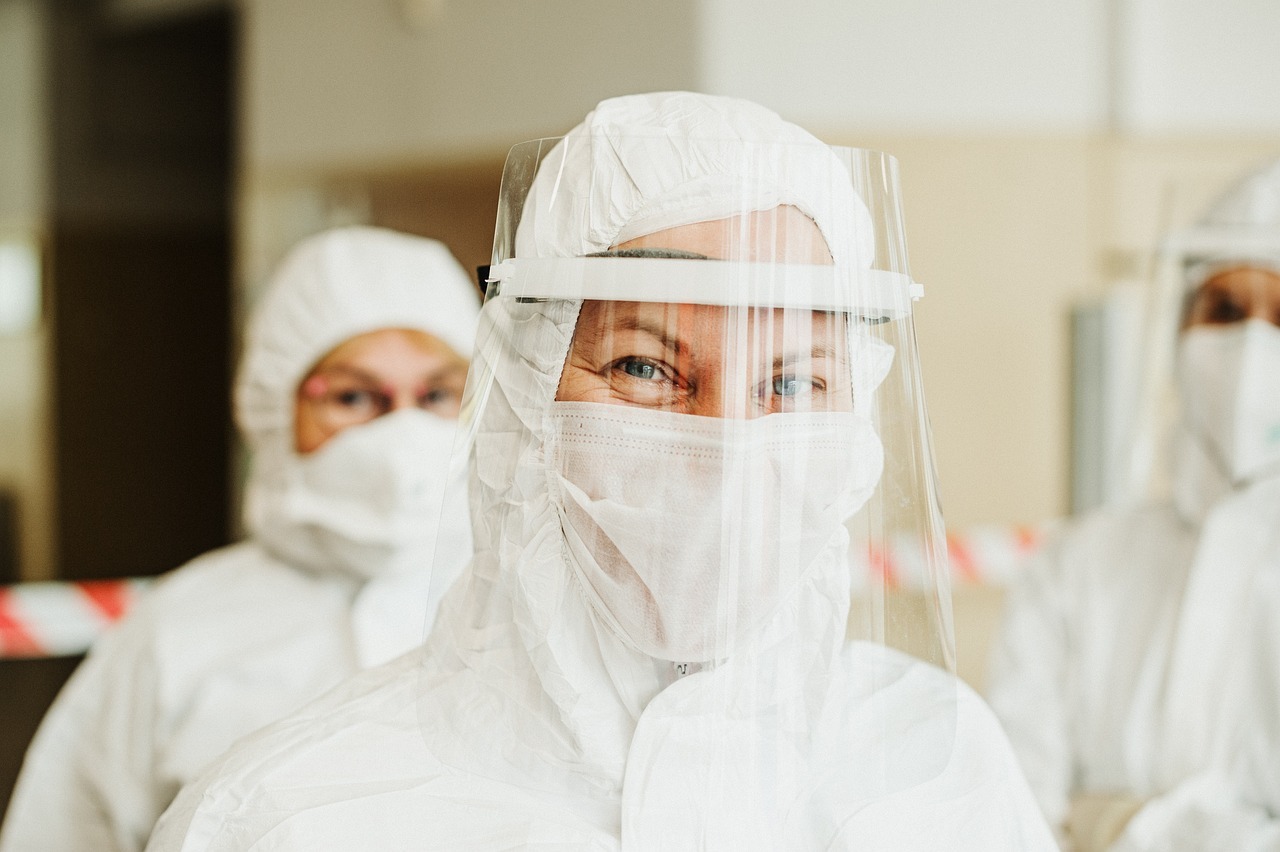
Transforming public sector services: EU study calls for strategic AI adoption
A study commissioned by the European Commission highlights the significant potential of Artificial Intelligence (AI) to improve public sector services across the EU. The report, finish befor the adoption of the I Act, emphasises that AI can enhance citizen-government interactions, boost analytical capabilities, and increase efficiency in key areas such as healthcare, mobility, e-Government, and education.



